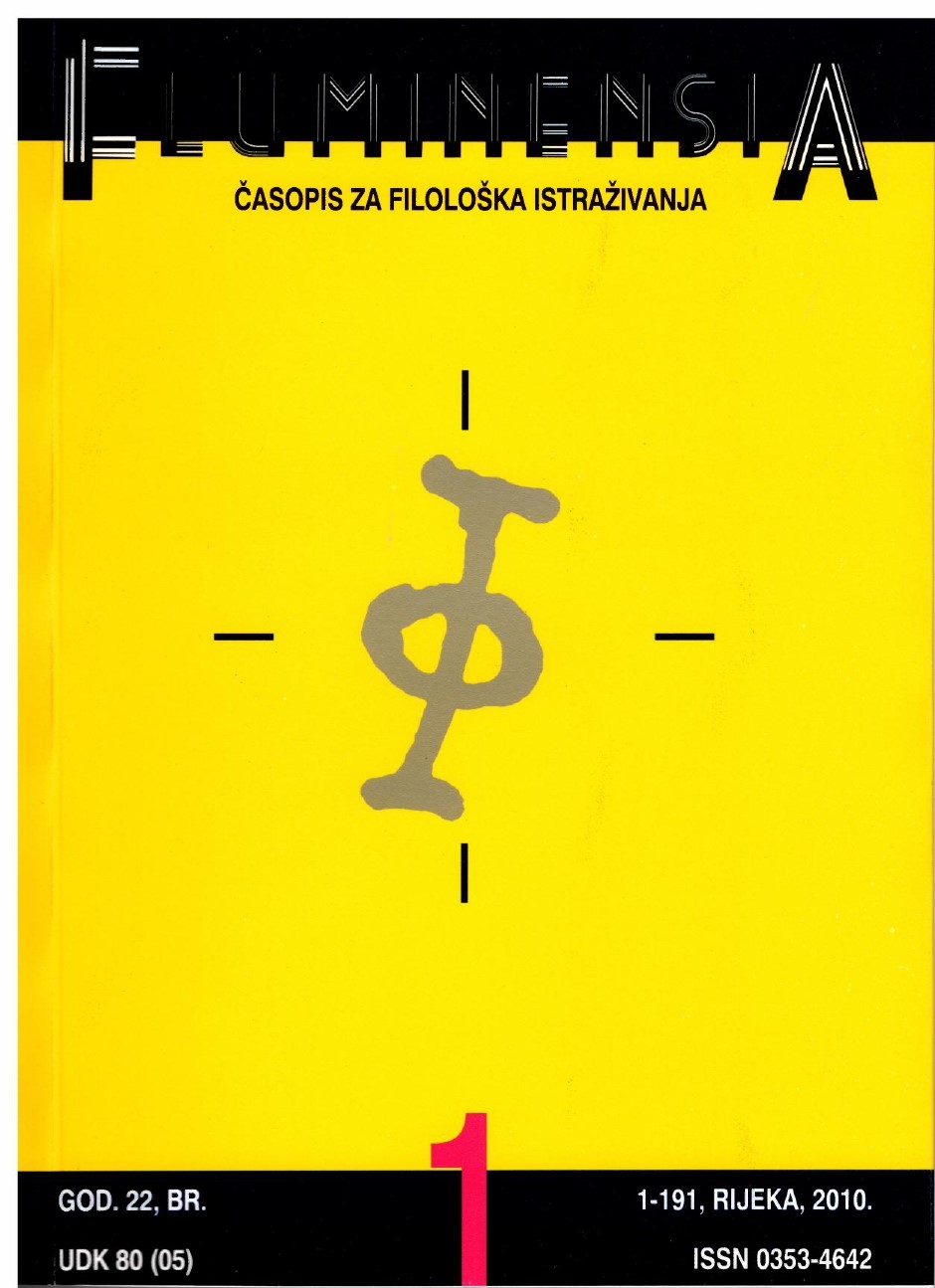THE TIME OF THE DISAPPEARING MEMORY, CINEMA AND PHOTOGRAPHY IN DAŠA DRNDIĆ'S NOVEL LEICA FORMAT
Keywords:
Daša Drndić, Leica format, Walter Benjamin, Henri Bergson, fugue/joint, memory, disappearance, redemption, history, instant, photography, cinema, testimony, cairos/chronosAbstract
Forgetfulness as a back side of the memory and disappearing as a medium of the tradition are central topics of Daša Drndić's novel Leica format (2003). In the narrative universe of the novel that contradictory and relentless relationship between forgetfulness and memory, tradition and its destruction is the effect of the juxtaposing notions of fugue/joint and leica format. Paper discusses that basic juxtaposition and describes how it engenders many other counterpoints in Leica format such as relationships between story-telling and memory, duration and instant, movement and fixity, past and present, stranger and neighbor, archive and testimony, live and death. Framework for discussion is Henri Bergson’s criticism of the cinema and Walter Benjamin’s conceptions of photography, technical reproducibility and history.

